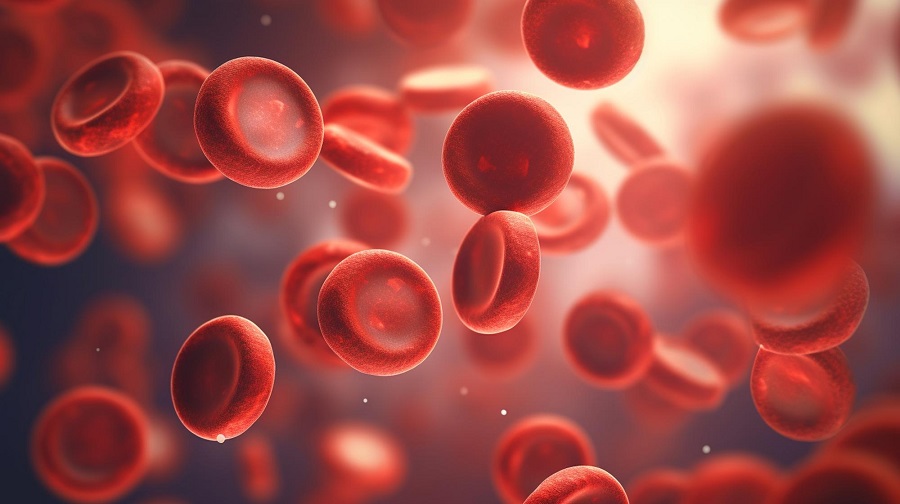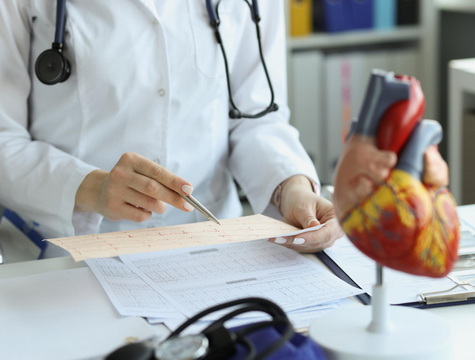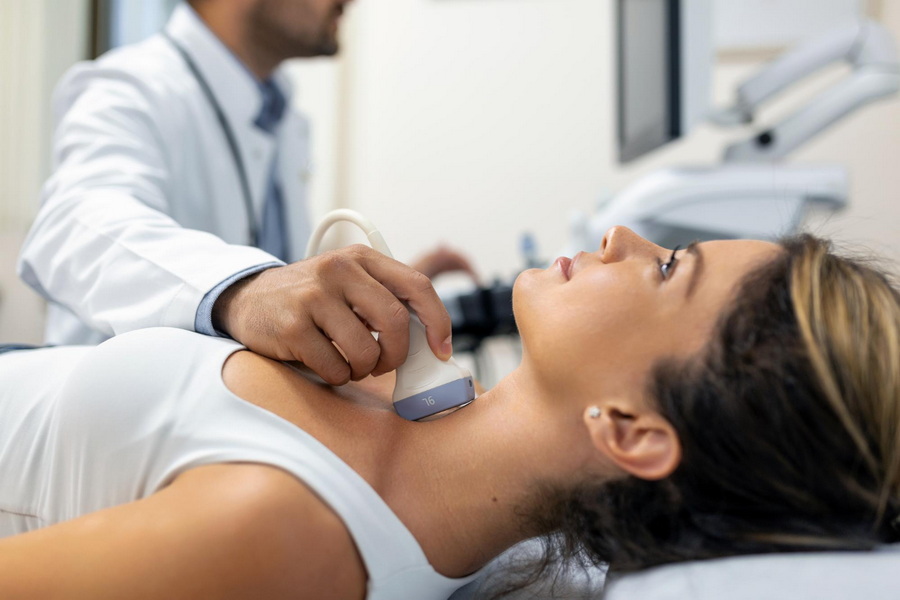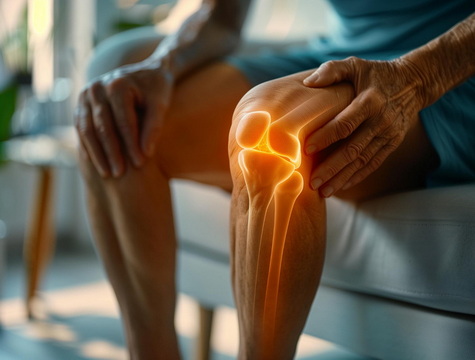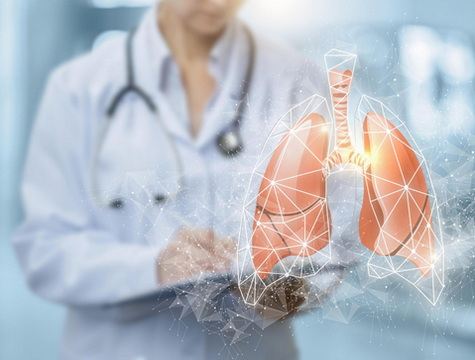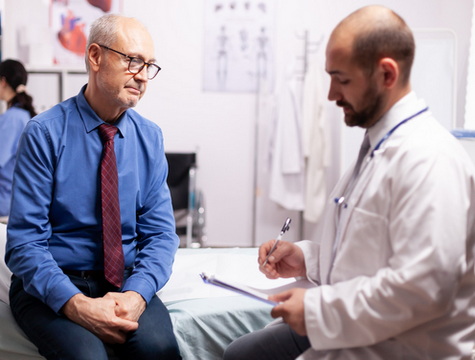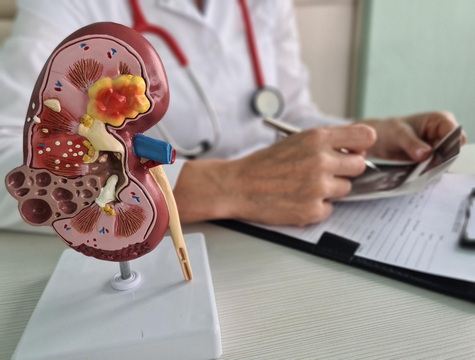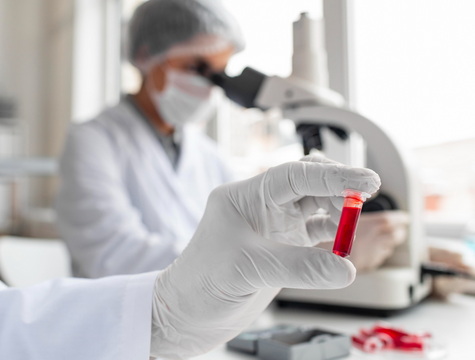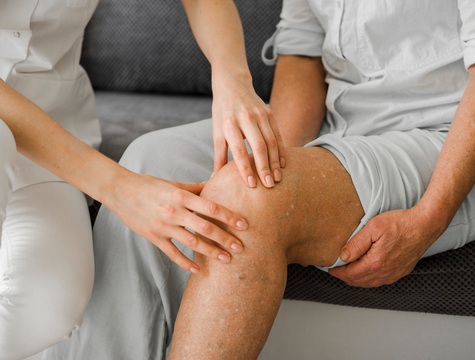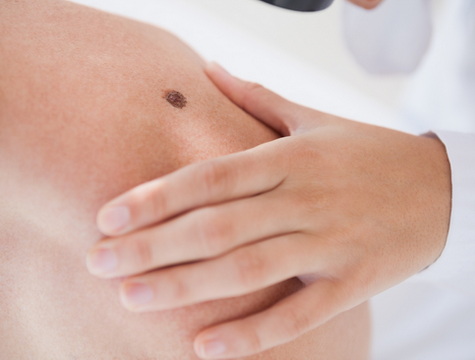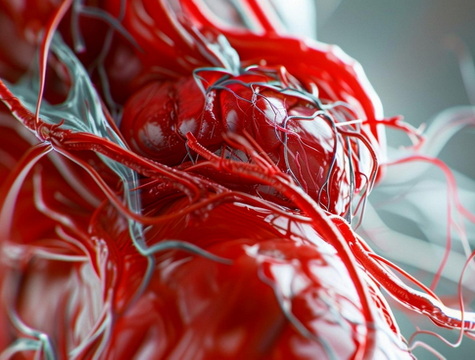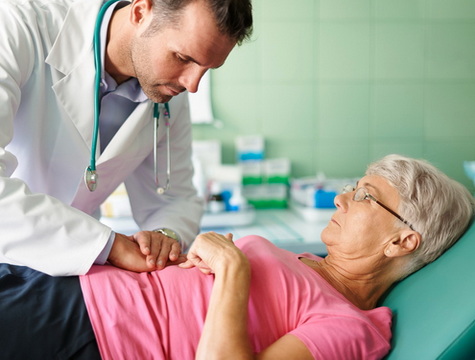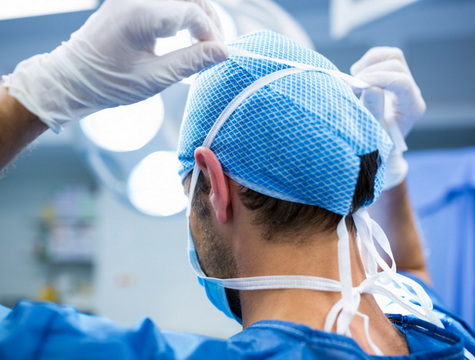Hematology is a branch of medicine that deals with diseases of the blood. A hematologist, a specialist doctor, diagnoses and treats disorders of the number and shape of blood cells, blood clotting disorders, as well as diseases of the lymphatic tissue. Thanks to modern diagnostic methods, as well as the services of the Jović Polyclinic's laboratory, our hematologist can very quickly detect the problem and give a recommendation for starting therapy.
Improve your health and quality of life by scheduling an appointment with our hematologist.

